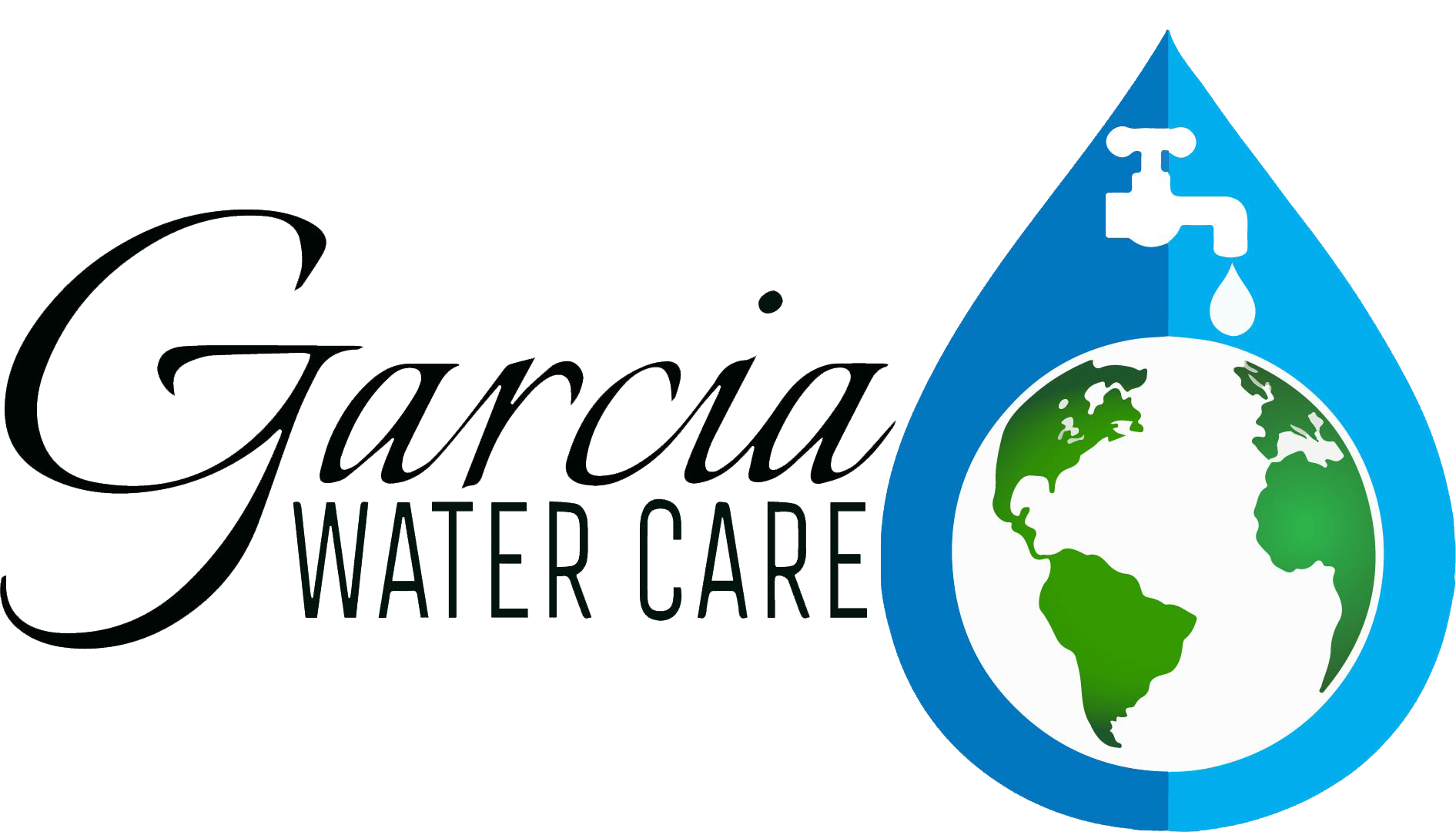Things to look for when buying a water softner
The facts are that the water from El Paso Water Utilities is HARD, CHLORINATED and FLUORINATED. You want to get a whole home water filtration system to protect your home and your family, but you don’t know what to look for. Here are five important questions you should find the answers to when deciding on a system and company. Our goal is for this to serve as a guide when picking a water filtration company or a system to install in your home.

